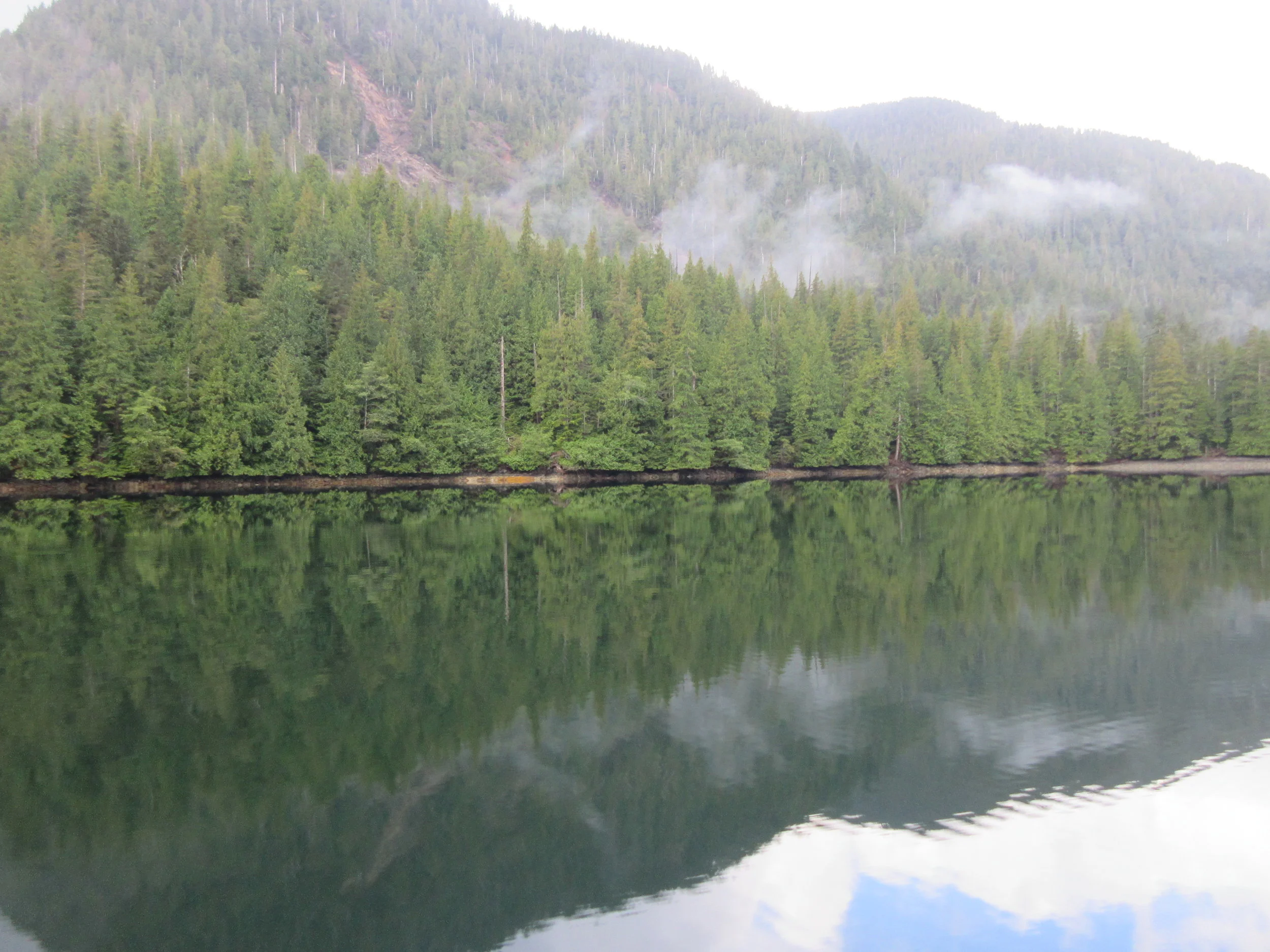Lisa Neville
Lisa has completed an NSERC post-doctoral fellowship with the Geological Survey of Canada, Calgary, a Ph.D. in Earth Sciences from Carleton University in Ottawa, a M.Sc. in Earth Sciences and B.Sc. Honours double major in Earth Sciences and Biology from Brock University in St. Catharines.
For her post-doc Lisa expanded her paleontological expertise into oil and gas exploration, working as a biostratigrapher characterizing oil and gas potential in arctic formations. This work led to the identification of a late Paleocene interval with extremely high potential. Lisa’s worked also changed a theory regarding the development of the Eocene Arctic Ocean environmental conditions which has significant implications on future exploration of this time interval.
Lisa’s government-funded Ph.D. research was aimed at identifying whether or not by-products of the oil sands operation are contaminating natural environments. For this a spatial and temporal study of potential impact was conducted. To conduct the temporal study new techniques to define site-specific natural background environmental conditions were developed, primarily using dating techniques, micropaleontology, sedimentology and isotope, metal and organic geochemistry. This methodology allows Lisa to identify climate patterns that contribute to ecological stress.
Lisa’s masters research was conducted for Syncrude Canada Ltd. and Suncor Energy Inc. and investigated a means of monitoring benthic ecological health in tailings ponds by specifically investigating the response of microorganisms to the byproducts of oil sands extraction.
Summary of Research
Her research was focused on developing lake, wetland and tailings reclamation and management strategies, with her post-doc focusing on high arctic, oil and gas exploration.
Conducted both on-site wetlands and tailings management/reclamation strategies:
- Developed and established protocols for the use of an organism as a biomonitor that has proven capable of gauging ecologic heath in variably impacted constructed wetlands.
- Established remediation endpoints by measuring understanding natural environmental conditions.
- Characterized ecological response to stress, identified practices to speed-up recovery, estimated trajectories toward endpoints and monitored recovery progress.
- Monitor ecology changes to determine reclamation success, and estimate trajectories toward endpoints.
Off-site impact and contaminant distribution monitoring:
- Establish water or airborne distribution patterns and associated ecological impact.
- Developed methods to measure insitu background conditions to tease out natural environmental changes from anthropogenic influence in aquatic systems.
- Assessed the influence of climate change on remediation projects and the viability of ice roads.
- Investigated the impact of acidity and restoration success after mine closures in Ontario.
Exploration:
- Using micropaleontology to determine age, depositional environment and biostratigraphic relationships which aid in defining strata accumulated at the time of maximum hydrocarbon generation.


